Summaries of books about International Relations:
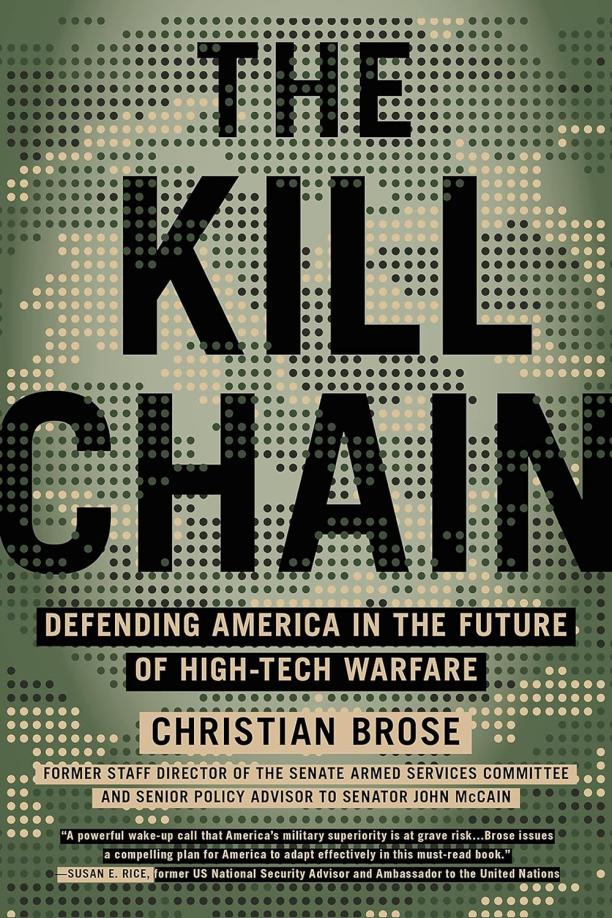
The Kill Chain
Defending America in the Future of High-Tech Warfare
Christian Brose
The book examines the challenges and shortcomings of the United States military in the face of rapidly advancing technologies and changing warfare tactics. It proposes a strategic overhaul focusing on the development of a new generation of AI-driven weapons and a more integrated, agile, and innovative approach to national defense.
See full summary
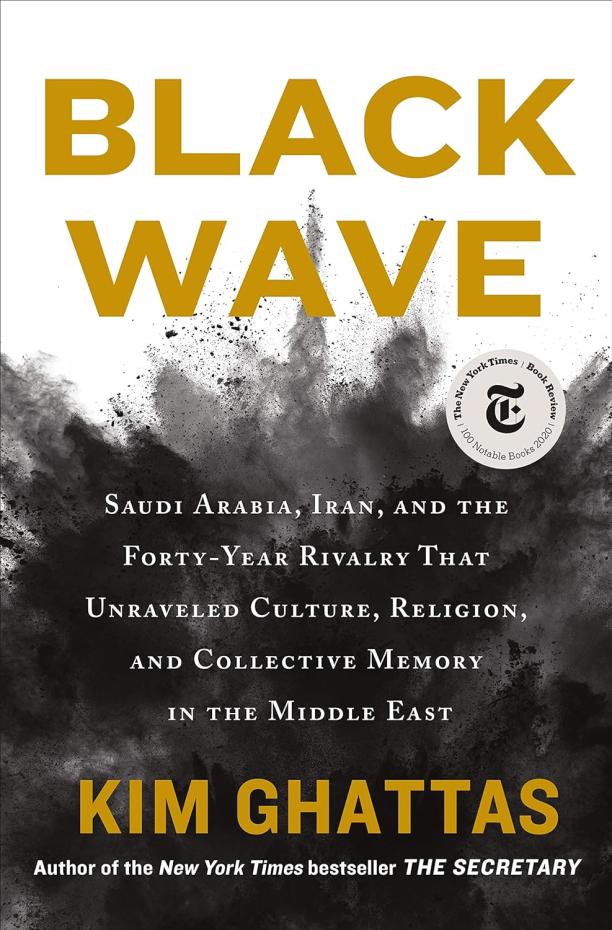
Black Wave
Saudi Arabia, Iran, and the Forty-Year Rivalry That Unraveled Culture, Religion, and Collective Memory in the Middle East
Kim Ghattas
The book delves into the historical and ongoing geopolitical rivalry between Saudi Arabia and Iran since 1979, exploring its profound impact on the cultural, religious, and political landscape of the Middle East. It examines how this conflict has reshaped identities, fueled sectarianism, and altered the collective memory and culture of the region over four decades.
See full summary
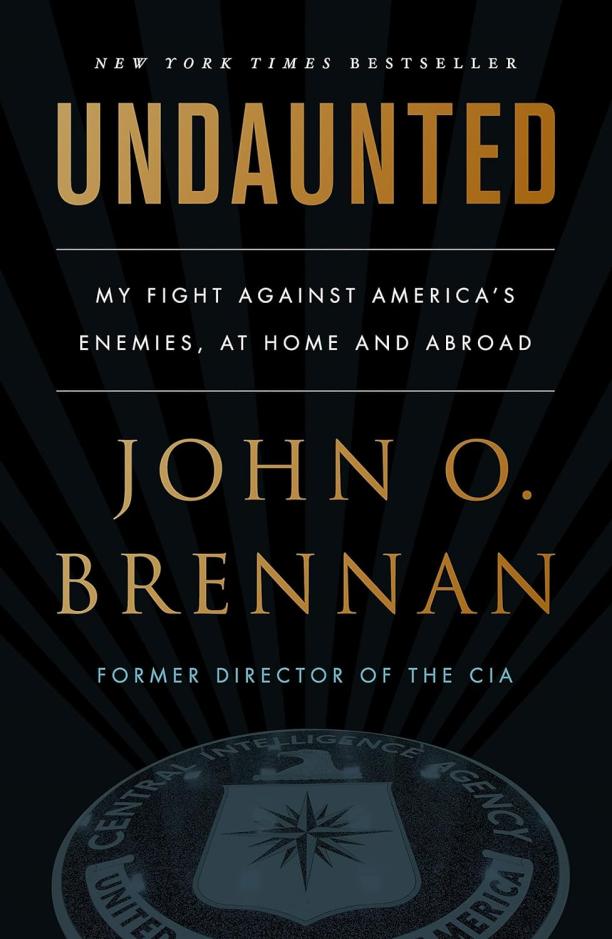
Undaunted
My Fight Against America's Enemies, At Home and Abroad
John O. Brennan
The memoir recounts the author's career in the U.S. intelligence community, detailing his experiences and challenges while serving as the director of the CIA under President Obama, including his efforts to combat terrorism and his role in the operation to kill Osama bin Laden. It also offers insights into the inner workings of American intelligence and the author's perspectives on national security issues and the ethical dilemmas faced in the field.
See full summary
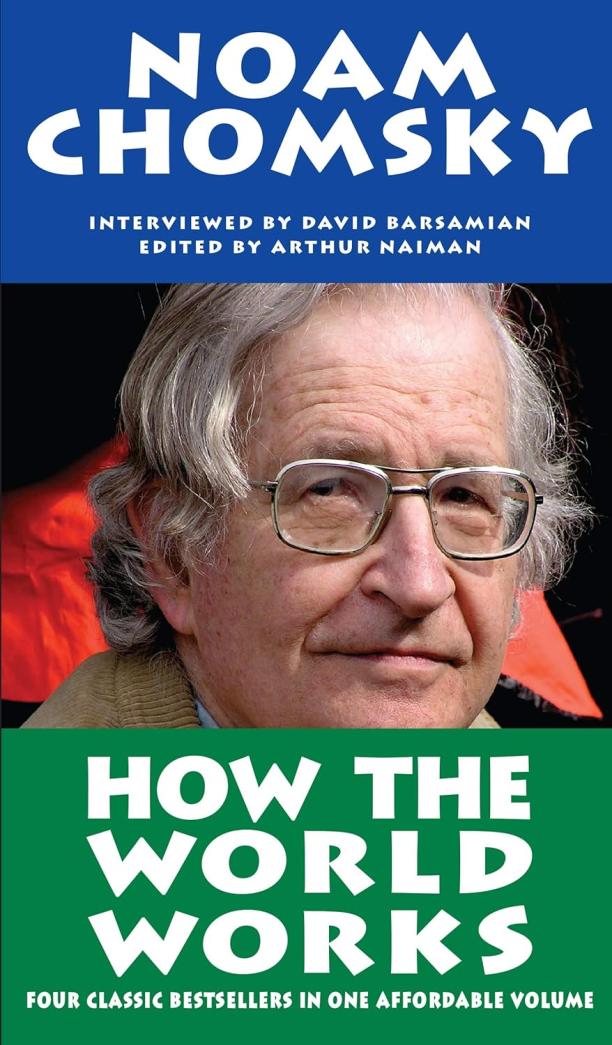
How the World Works
Noam Chomsky
The book presents a collection of interviews and discussions that delve into the mechanisms of global power, politics, and economics, offering a critical analysis of the influence of corporations, governments, and the media on society and democracy. It provides insights into Chomsky's perspectives on various international conflicts, historical events, and the systemic structures that shape the global landscape.
See full summary
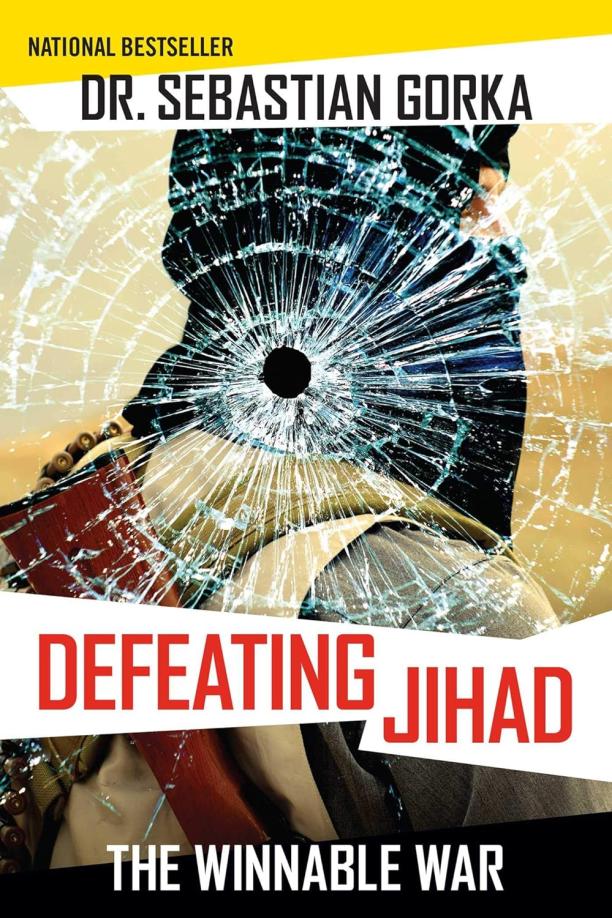
Defeating Jihad
The Winnable War
Sebastian Gorka
The book presents a strategic analysis of the global threat posed by radical Islamic terrorism and argues that a counterinsurgency approach rooted in understanding the enemy's ideology is key to victory. It draws on historical examples and the author's expertise to suggest a plan for the United States to defeat jihadist extremists through psychological warfare, intelligence operations, and a strong alliance with moderate Muslims.
See full summary
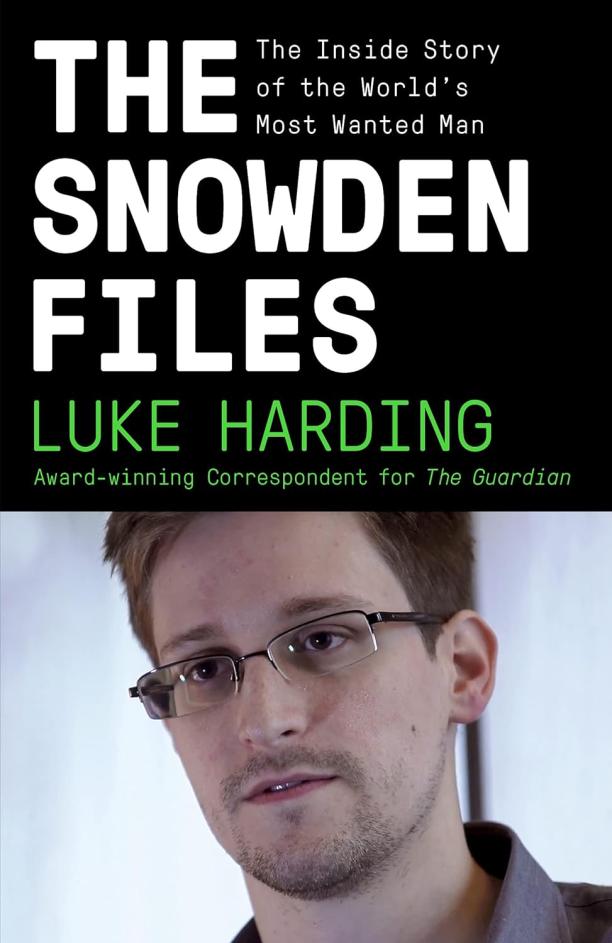
The Snowden Files
The Inside Story of the World's Most Wanted Man
Luke Harding
The book chronicles the events leading up to and following Edward Snowden's disclosure of classified NSA documents, revealing extensive global surveillance programs. It delves into Snowden's motivations, the journalistic efforts to publish the leaks, and the international repercussions of his actions.
See full summary
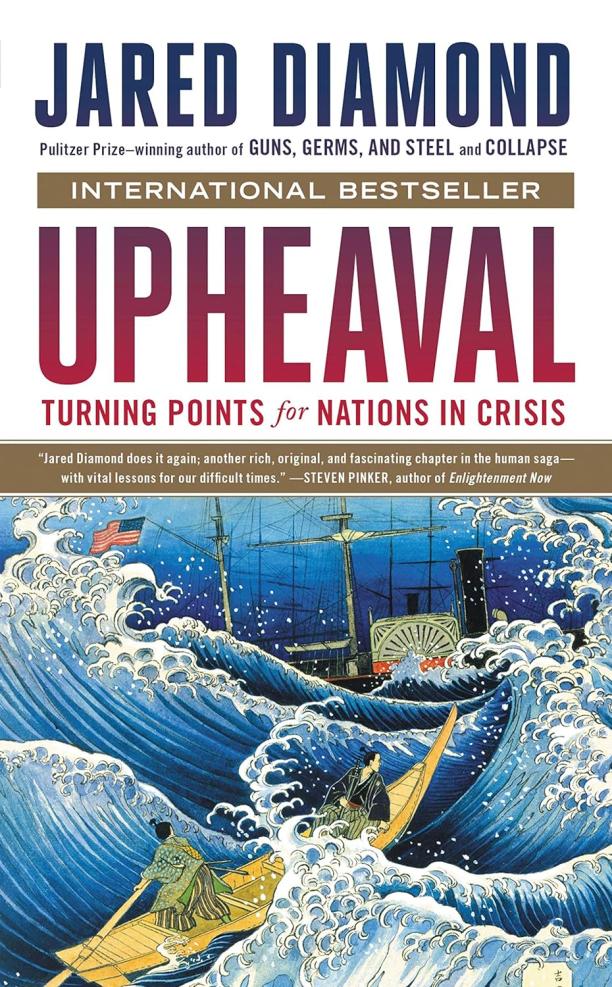
Upheaval
Turning Points for Nations in Crisis
Jared Diamond
The book examines how several nations have faced profound crises in their history and the various outcomes of their responses. It draws parallels between personal coping mechanisms and the ways countries manage challenges, suggesting that nations can learn from each other's experiences in overcoming adversity.
See full summary
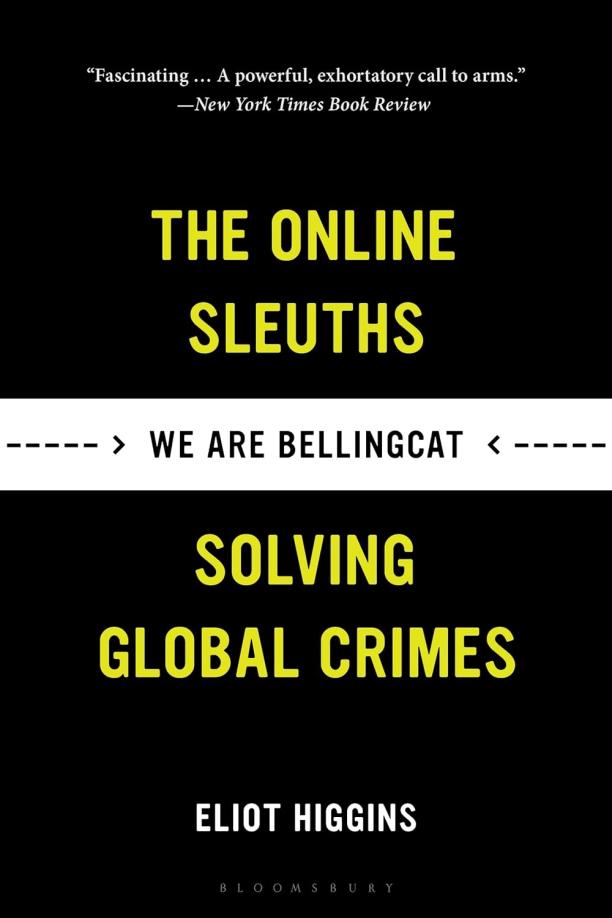
We Are Bellingcat
Global Crime, Online Sleuths, and the Bold Future of News
Eliot Higgins
The book chronicles the rise of the investigative collective Bellingcat, detailing how they use open-source intelligence and digital tools to uncover global crimes and misinformation. It explores case studies of their work, including the downing of MH17 and the Syrian Civil War, showcasing the impact of citizen journalism and collaborative research in the digital age.
See full summary
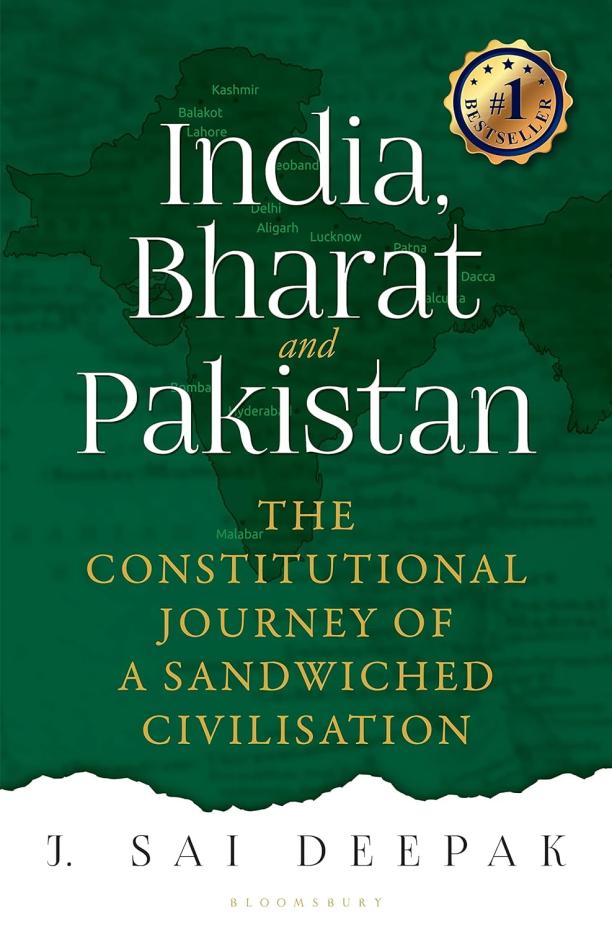
India, Bharat and Pakistan
The Constitutional Journey of a Sandwiched Civilisation
J Sai Deepak
The book examines the historical and constitutional evolution of India, exploring the civilizational challenges it has faced due to its partition and the creation of Pakistan. It delves into the legal and socio-political dynamics that have shaped the subcontinent's identity, reflecting on the impact of colonialism and the struggle to maintain a cohesive national ethos amidst diverse cultural and religious demographics.
See full summary
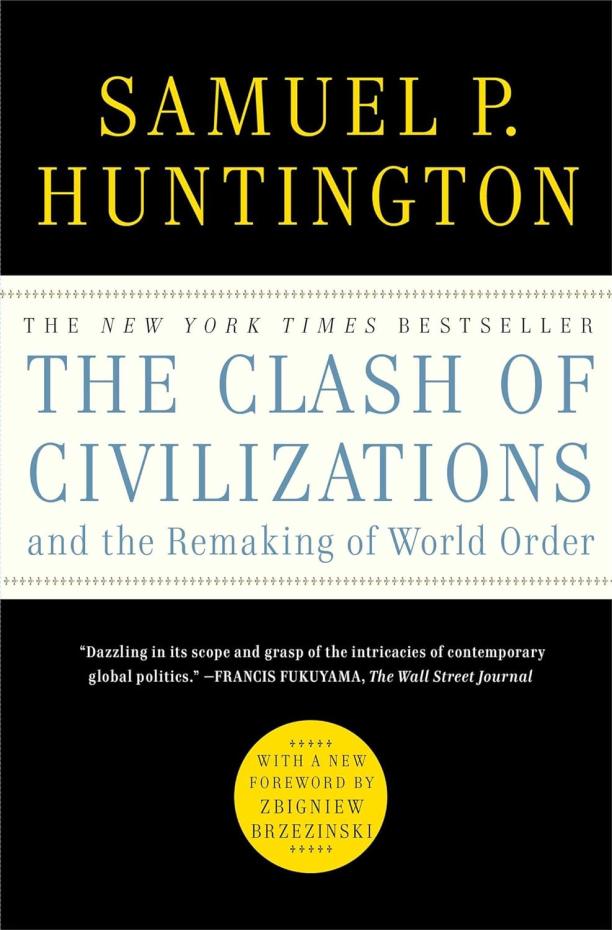
The Clash of Civilizations and the Remaking of World Order
Samuel P. Huntington
The book argues that post-Cold War global conflicts would be dominated by cultural and religious differences rather than ideological ones, positing that civilizations would become the primary source of identity and conflict. It outlines a world divided into major cultural blocs and suggests that the tensions between these blocs would shape international relations.
See full summary